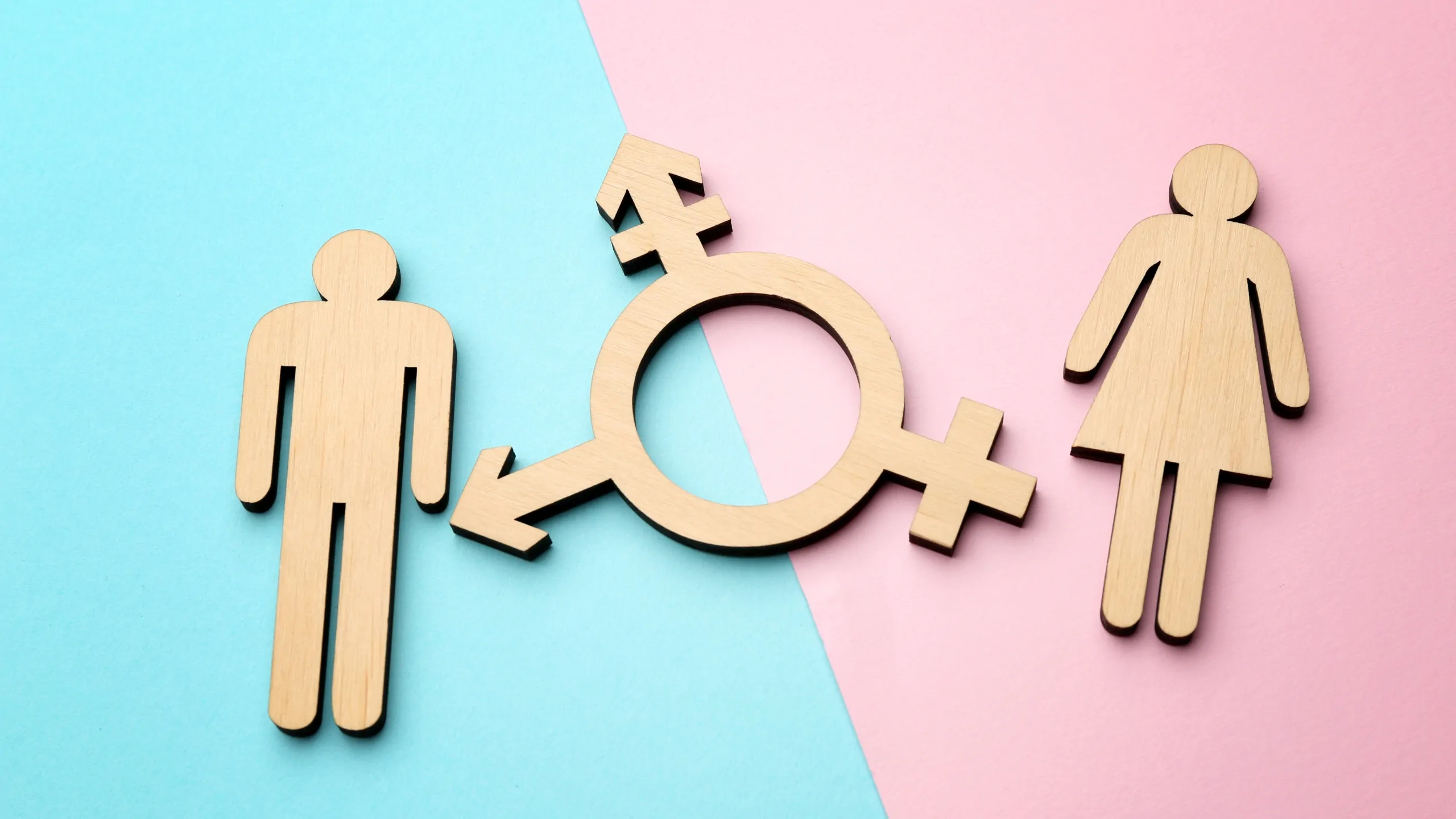|
Getting your Trinity Audio player ready...
|
The Alabama Legislature is poised to soon debate “what is a woman?” on the floor, as a Senate committee advanced a bill Tuesday attempting to create a legal answer to that question.
State Sen. April Weaver, R-Brierfield, brought SB92, dubbed the “What is a Woman Act,” in the upper chamber after State Rep. Susan DuBose, R-Hoover, initiated the bill last session. DuBose will try to get her own bill passed through a House committee today.
The bill would codify the definitions of male and female to be based on reproductive biology of the individual. Weaver claims the bill is necessary to protect women in women-only spaces such as bathrooms and locker rooms.
“I’m here today to stand for women’s rights,” Weaver said.
An amendment to the bill by Sen. Chris Elliott, R-Josephine, specifies that “gender identity” is not to be contrived as sex, calling gender identity “one’s subjective sense of self.”
In explaining the amendment, Weaver noted there are many genders, but said there are only two sexes, which are verifiable based on “facts and evidences.”
During a public hearing on the bill, trans woman Kaitlyn Burkett criticized Elliott’s remarks on the Senate floor last week and tied the bill back to his anti-LGBTQ sentiments.
“You said that who somebody had sex with last night is not history,” Burkett said. “Reducing a community to the sex acts you imagine them performing is stripping away their humanity … This bill is rooted in the same ignorance and seeks to erase the identity of a number of constituents that contribute to society and do not harm anyone. It’s part of an organized attack on another marginalized minority that deserves protections, not oppression.”
Democratic Senators Merika Coleman and Linda Coleman-Madison, two of four women in the Senate alongside Weaver, criticized the bill for not really being about women’s rights.
“For the past several years down here, I felt that I had not had a whole lot of rights as a woman when this is about my personal body, my space, my vagina or lack thereof in this case,” Coleman-Madison said.
Allison Montgomery with the Alabama Trans Rights Action Coalition (ALTRAC) said the bill will lead to women who don’t look “feminine enough” being scrutinized, citing examples that have happened in other states.
Similar to legislation passed in three other states and introduced in at least eight more, this bill is based on model legislation drafted by the Independent Women’s Forum (IWF), which dubbed it the “Women’s Bill of Rights.” The IWF is a right-leaning policy research organization based in Washington, DC, founded to promote a “conservative alternative to feminist tenets.”
Coleman needled Weaver about whether the “women’s rights group” behind the bill supported thinks she cared about, including abortion access and protecting women of color from discrimination.
Weaver told reporters after the committee meeting that the bill came from several groups.



















































